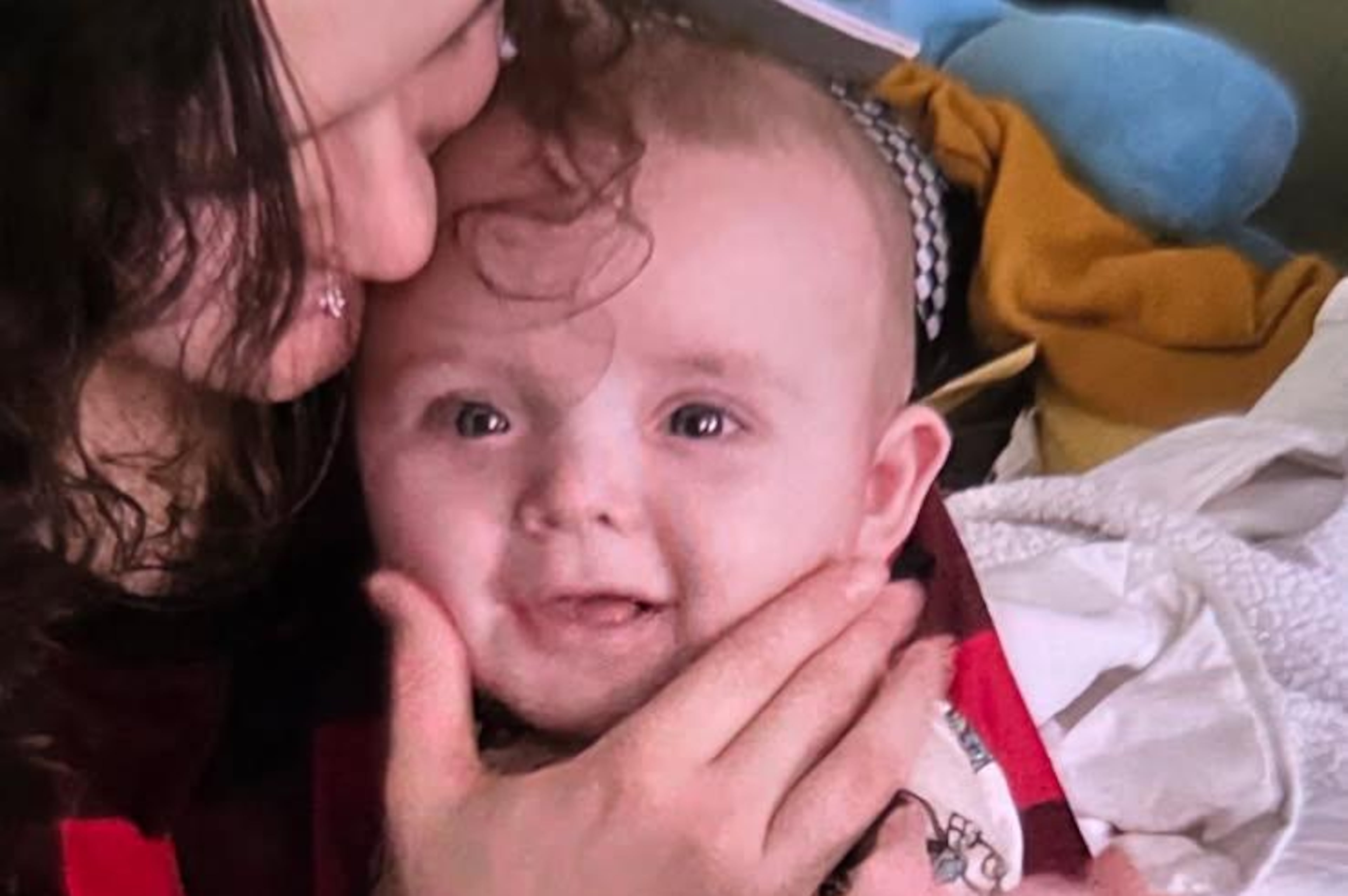The NSA in Augusta? Reality Winner’s arrest shines spotlight on agency’s Georgia presence

Augusta — its dogwoods, its pines. It is the home of The Masters golf tournament, and it was the hometown of James Brown.
And if you're a terrorist somewhere overseas, there's a good chance someone in Augusta, Ga., is listening in on your phone calls.
The arrest of a federal contractor charged with leaking a top secret National Security Agency report to a news website has made headlines all around the world. The report says Russian intelligence tried to hack into American voting data systems just prior to the presidential election last fall.
Aside from many questions about Russian hacking and the background of contractor Reality Leigh Winner, the news has prompted many around the world to ask something like this: "Wait, what on earth does someone in Augusta, Georgia, have to do with the NSA investigating Russian hacking? I thought Augusta was where people play golf."
Actually, not everyone in Augusta plays golf, and many people in Augusta are well aware that the NSA — so secretive it's often called the "No Such Agency” — has had a substantial presence in town for many years.
Why Augusta, a metro area of 600,000 people 150 miles from Atlanta? The reason starts with Fort Gordon, the nearby Army post. It's the home of the Army's Signal Corps, who once communicated generals' orders across battlefields using semaphore. It long ago laid down its colorful signalling flags for radios and telephones, and today it specializes in helping America's military communicate through the latest in high technology.
Not surprising, then, that tech-minded people would have a connection with the NSA, the nation's largest agency of defense and anti-terrorism codebreakers and wiretappers.
NSA's main headquarters is at Fort Meade, Md., outside Washington. But according to the NSA's own website, the agency has had a team at Fort Gordon since the mid-1990s, starting with a crew of 50.
Then came the Sept. 11, 2001, terrorist attacks, and America's desire to listen in on the world increased.
The agency opened a $286 million, 600,000-square-foot facility, the NSA/Central Security Service Georgia Cryptologic Center, five years ago. A 2012 story by James Bamford, a journalist who has written books on the NSA and its history, in Wired magazine said the Georgia facility "focuses on intercepts from Europe, the Middle East and North Africa," and reported that it has space for up to 4,000 employees and was known by the codename "Sweet Tea."
The Army also broke ground last November at Fort Gordon for a new headquarters for U.S. Army Cyber Command, which will be relocating from Fort Belvoir, Va., outside Washington.
The existence of NSA Georgia is not a national secret — the NSA has a press release about it on its website. But news of just what happens there is very tightly controlled.
The NSA let the local press in the building for the 2012 ribbon-cutting ceremony -- but no cameras were allowed, WRDW-Channel 12 said. "The closest our camera was allowed was 2 miles away from the new building," an online story said.
And some folks online have had some fun with the Secret Squirrel nature of the facility. The location "NSA Georgia," described as "federal government office” with an address in Grovetown, Ga., had a 3.7-out-of-5-stars average rating from six Google users as of this morning. Among the reviews: "The staff here is always willing to listen," and "extremely helpful when/if I accidentally delete someone/something." Another: “Fourth Amendment means zero here. Would not go back.” (No, we could not find a Yelp listing for it.)
Other reports about what kind of work military and civilian employees do for the NSA at Fort Gordon have come out elsewhere.
In 2008, two ex-military intercept operators talked to ABC News about their work at Fort Gordon, listening in on phone calls made in the Middle East. ABC said the ex-operators told the network they "routinely intercepted and 'collected on' phone calls placed in the Middle East to "friends and family" back in the U.S., including "U.S. military officers, American journalists and American aid workers."
The allegation raised privacy concerns and contradicted statements by American military and intelligence leaders that U.S. technology was not being used to listen in on Americans.
Exactly what work Winner did for the government in Augusta is not clear. Interviews with her family, court documents and other press accounts have said she is a former U.S. Air Force member who spoke Farsi, Dari and Pashto — languages spoken in southwest Asian countries including Afghanistan and Iran. (The two former Fort Gordon call interceptors who talked to ABC News in 2008 were also military linguists.)
The government alleges Winner worked for a military contractor and had access to a computer system that stored the top-secret NSA report, from which she printed off a copy and mailed it to the news website The Intercept. The Augusta postmark helped investigators track the leak back to her, prosecutors wrote.
Whatever does happen at the NSA's Augusta facility, the agency apparently believes it makes a difference — when the new facility opened in 2012, then-U.S. Cyber Command chief Gen. Keith Alexander said publicly that NSA Georgia had won the agency's Travis Trophy six times. The NSA, which Alexander also went on to lead, described the honor as "an annual award presented to those whose activities have made a significant contribution to NSA/CSS's mission."
AJC Data Specialist Jennifer Peebles was born in Augusta, Ga., and grew up in Warrenton, Ga., a small town an hour away. No, she cannot get you tickets to the Masters.



